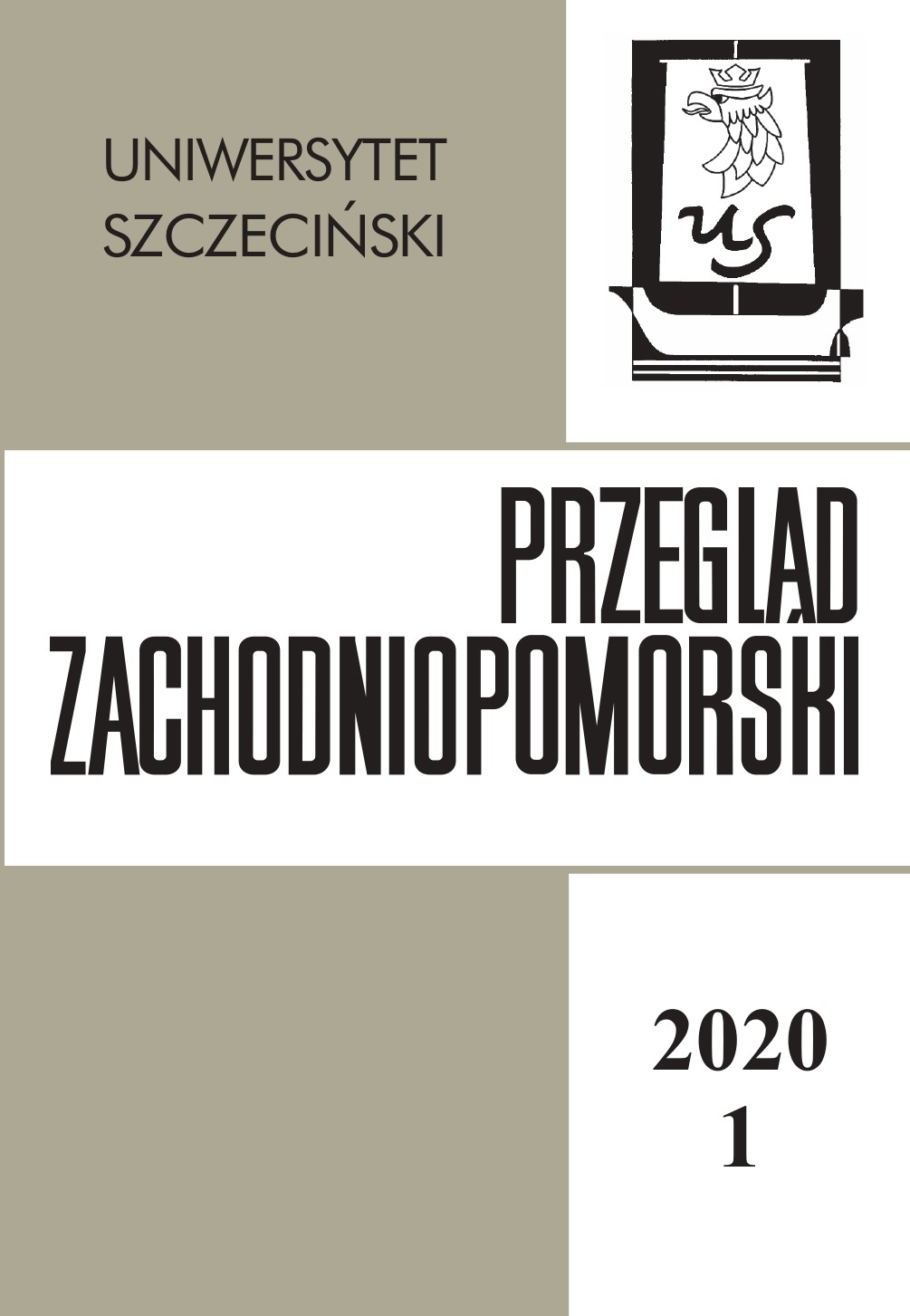Francuscy emigranci w pruskiej kolonii Wymysłów w latach 1797–1800
French emigrants in the Prussian colony Wymysłów in 1797–1800
Author(s): Anna Łysiak-ŁątkowskaSubject(s): History, Cultural history, Sociology, Diplomatic history, Local History / Microhistory, Political history, Social history, Modern Age, 18th Century, Migration Studies
Published by: Wydawnictwo Naukowe Uniwersytetu Szczecińskiego
Keywords: French emigrants; Stanislas Jean de Boufflers; South Prussia; Wymysłów; Prussian colonization policy
Summary/Abstract: Folwark Wymysłów was part of the land property Pabianice which until 1795 belonged to the Cracow cathedral chapter. As a result of the 2nd and 3rd partitions of Poland, it was seized by Prussia and included in the then established South Prussia which became a territory of the Prussian settlement action. The seized land properties were divided into farms and organized into new colonies. Wymysłów was one of such settlements, established as a result of parcelling out Folwark Wymysłów. However, it was not populated with the typical Prussian settlers. Frederick William II of Prussia in 1796 gave consent that the land divided in Wymysłów might be settled by the French emigrants who were leaving their country because of the revolution (1789–1799). It was a group of aristocrats one of whom was Stanislas Jean de Boufflers. Granting land to the members of French aristocracy served not only the Prussian policy of settlement of the seized lands, but also implemented one of the principles of the policy of the Prussian authorities towards the emigrants from France, namely separating the refugees in order to prevent them from forming larger groupings in one place. It was also the effect of the contacts established by Stanislas Jean de Boufflers with the King of Prussia. The article describes the rise of the colony Wymysłów as a result of the Prussian settlement action, the emigration policy, and the principles of establishing and running new settlements. It also discusses the questions of the French emigration as a collective and individual experience seen in the context of the revolutionary legislature.
Journal: Przegląd Zachodniopomorski
- Issue Year: 35/2020
- Issue No: 01
- Page Range: 41-59
- Page Count: 19
- Language: Polish

